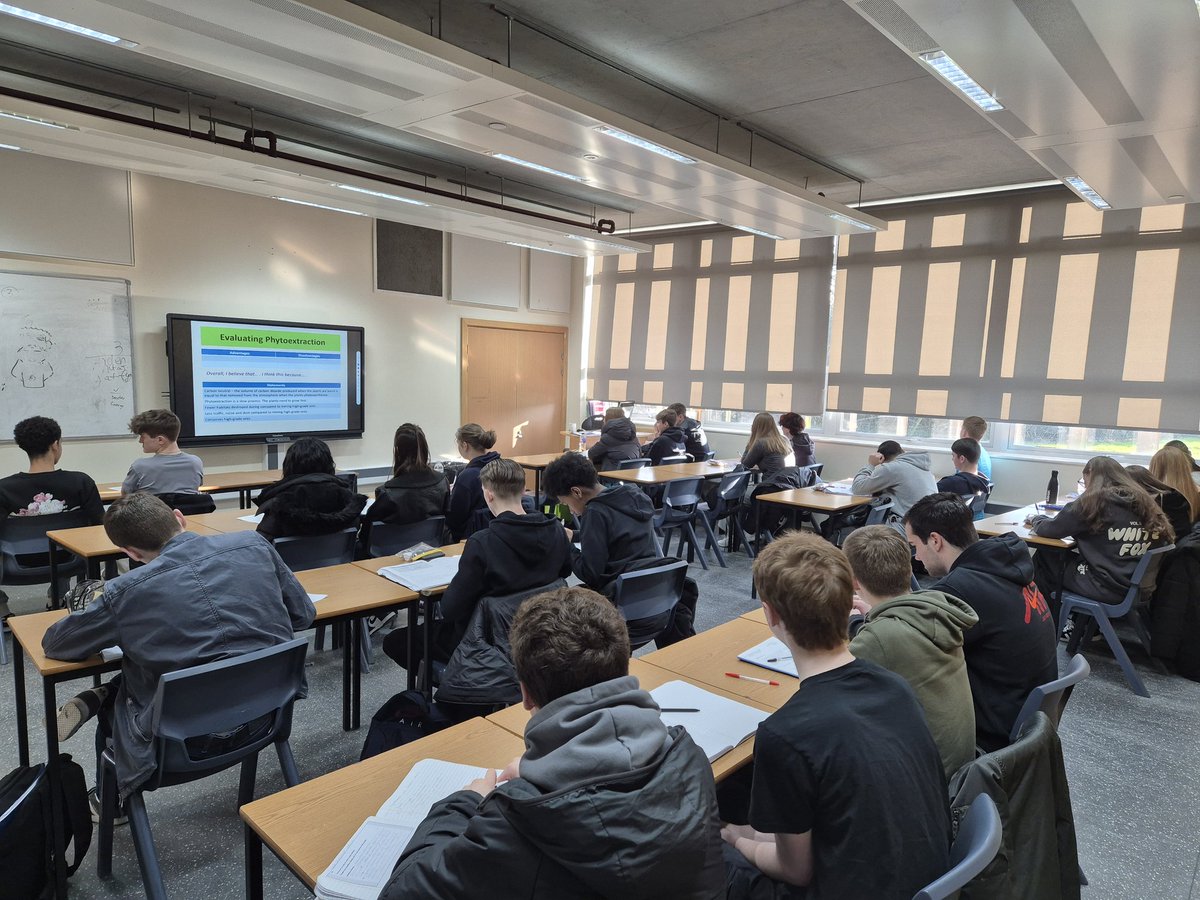Latest News

Literacy Drive At ESJ
Posted: 11th June 2018Epping St John’s School has been on a journey of transformation over the last couple of years, with students achieving the best results in the school’s history last summer.
As work continues to improve further, a focus has been put on to reading and writing.
Serife Horner, head of English and lead practitioner for literacy, said: “The whole culture at Epping St John’s School is changing and students want to get involved in literacy. They have lost that embarrassment around reading books and they will happily sit around school and read.
“I have been working closely with my colleagues in other departments, so we are all pushing literacy together. In maths, we have displayed an alphabet of key terms, including visual aids for our students with English as an additional language. In history, we created visual glossaries of key historical vocabulary and in art, we are focusing on how to improve students’ ability to write about specific artistic styles and their own work for GCSE and A-level exams.
“What we want is for our students to be able to compete with everyone on a global scale, irrespective of their background or access to a library.”
Initiatives introduced at the school include –
* a three-stage reading programme, which started with encouraging students to read for pleasure by looking at play adaptations of classics, which were read in class while focusing on tone of voice. Further reading age tests showed some students made two years’ worth of progress within seven months. The second stage, which has just started, focuses on fluency and students’ ability to read aloud without losing meaning. Students are listening to audio books, stopping regularly to discuss tone of voice and impact of punctuation. The third stage will see students reading for comprehension; reading both fiction and non-fiction and drawing explicit and implicit meanings from them.
* Year 7 to 9 students enjoy the opportunity to DEAR (Drop Everything and Read), where everything stops at a certain time of the day for students to pick up a book and read for ten minutes. The success of the scheme was demonstrated when £600 was raised during a book fair, compared to a goal set of £300. The scheme will be rolled out to the rest of the school.
* A display board spells out the “Dirty 30” most commonly misspelled words and students in all year groups are tested on them each term.
* A word of the week is shared around the school and students challenged to use it in their work. Teachers look out for the word and send celebratory notes home when students make use of their new-found vocabulary.
* World Book Day was spread across a whole week at the school to celebrate reading. Students took part in a book scavenger hunt where they had to track down teachers who had their favourite book titles written on them, sparking conversations about books to read. The whole school completed a reading relay where an extract from a short story was read at the end of every lesson, so the whole story was completed by lunch for students to discuss during SMSC time.
A trip to Harry Potter World is on the calendar for Year 7 students to complement their study of the text and the department also hopes to welcome in authors, to hear from advertising specialists who will speak with students about the language they use in their work, as well as challenging students to not judge a book by its cover, allowing them to choose books just from their synopsis.


















